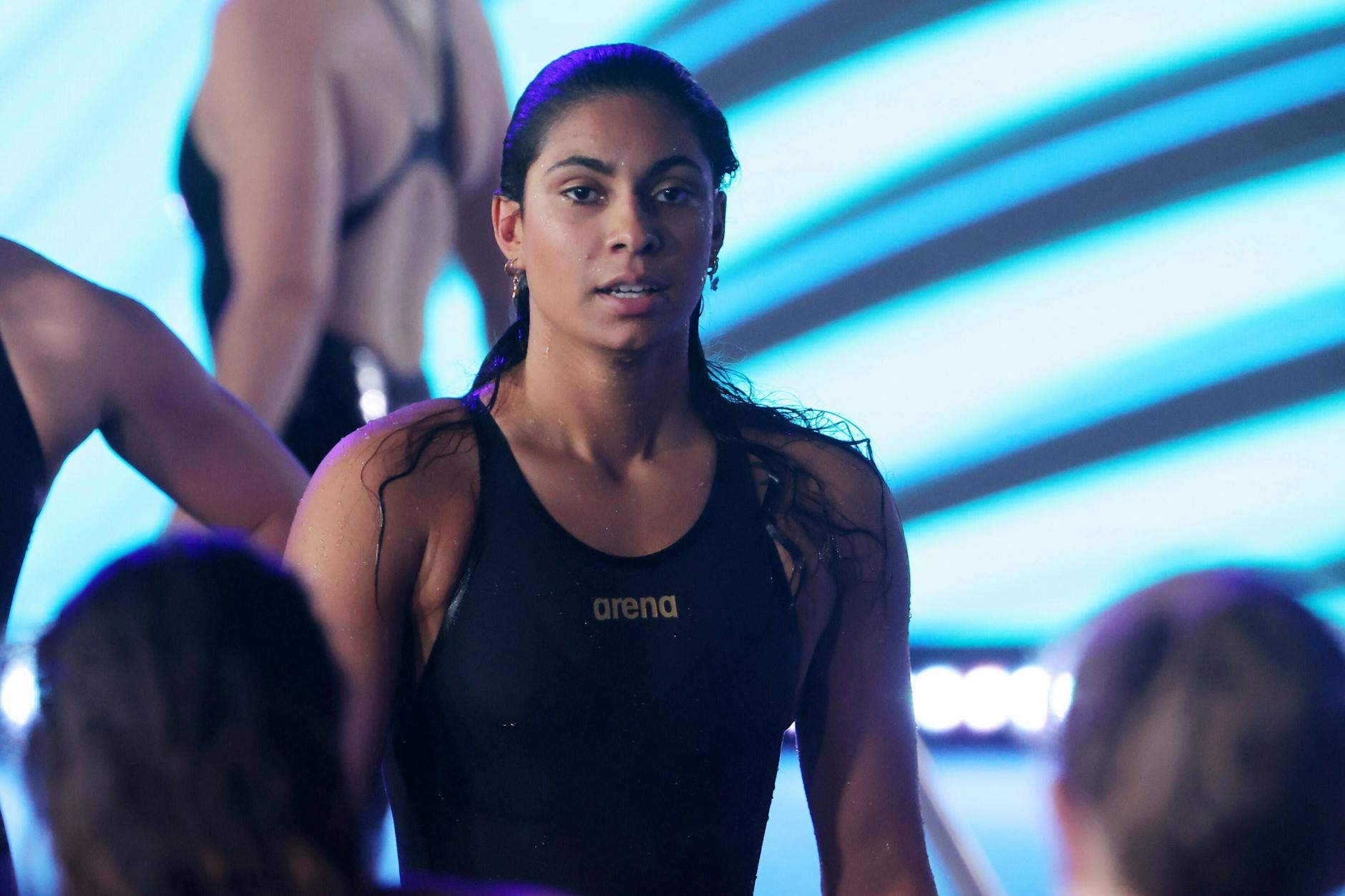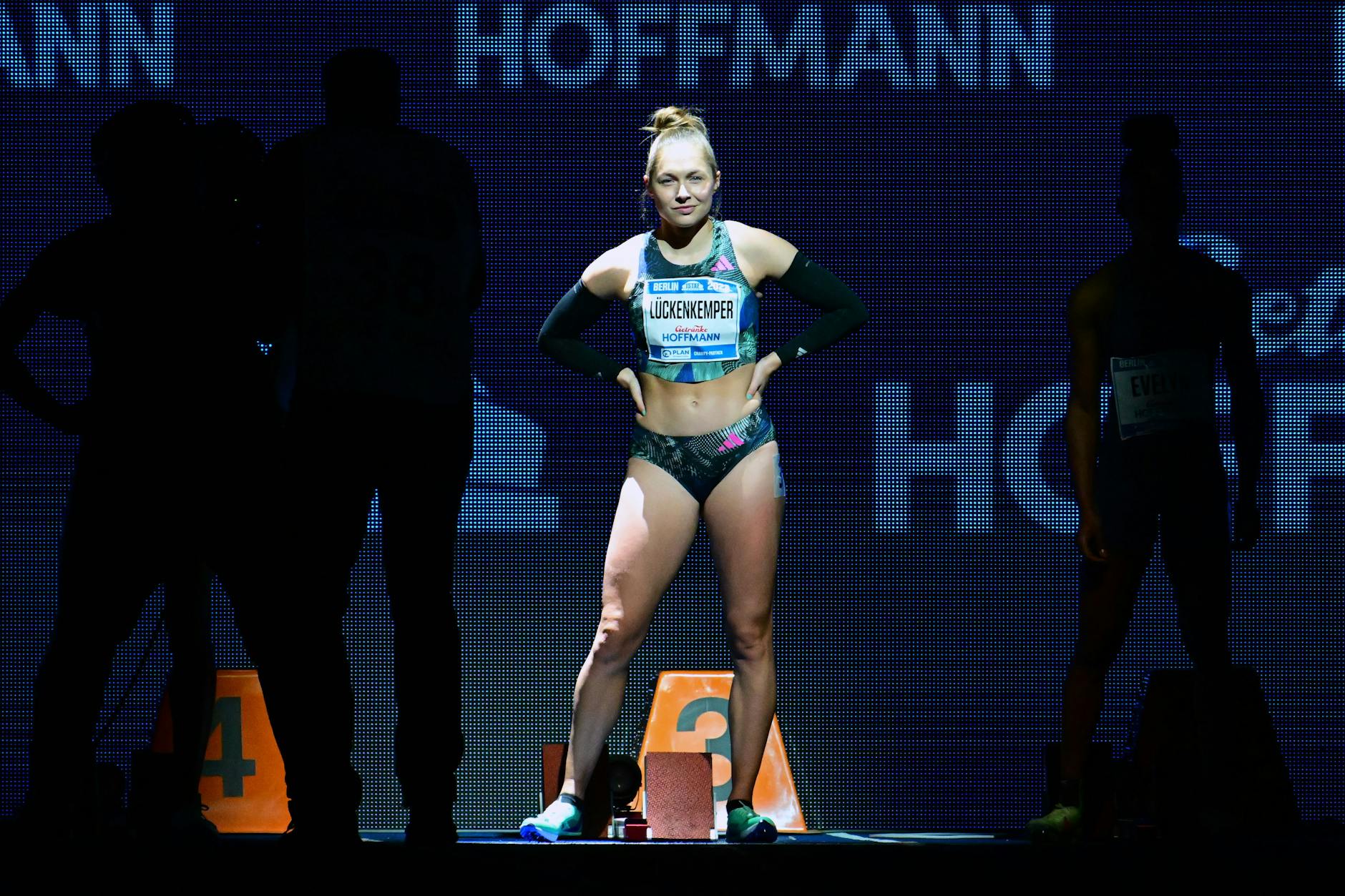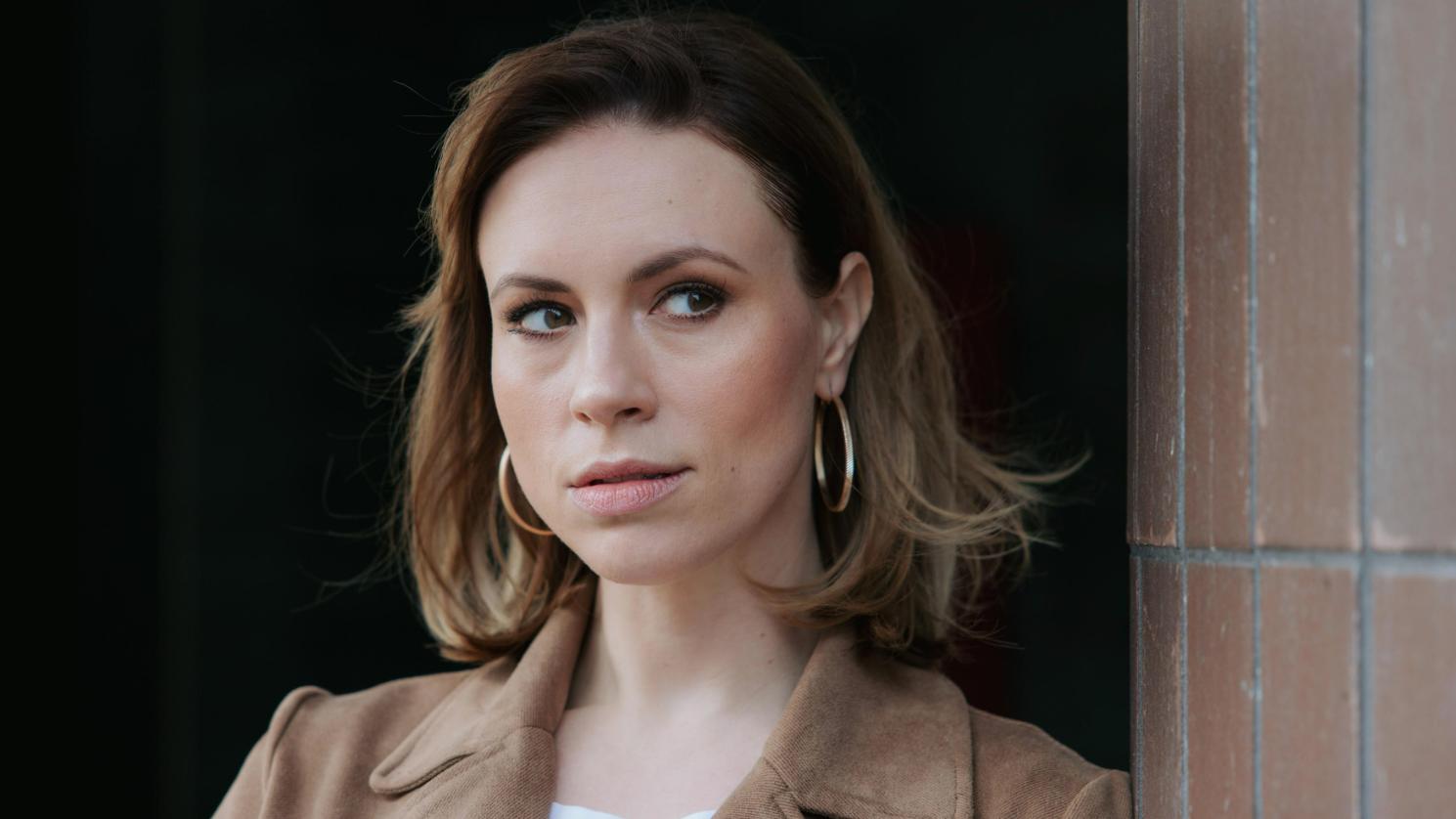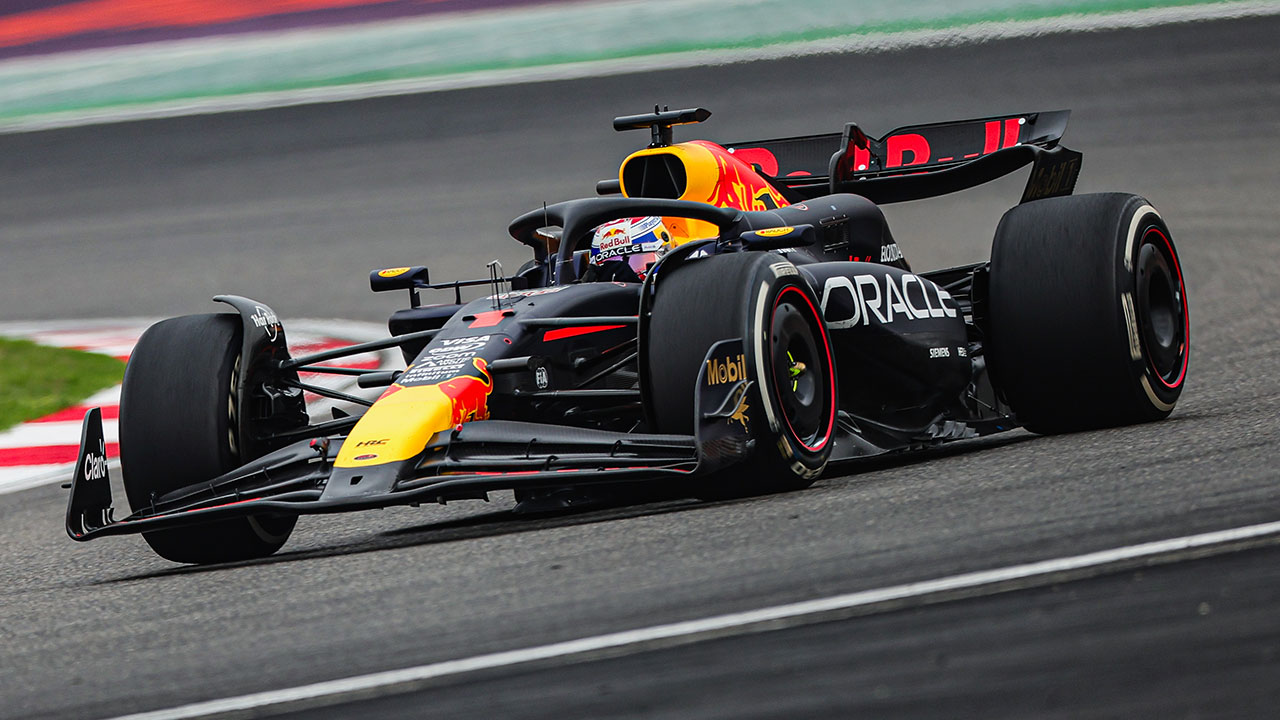German sporting hopes are increasingly drawn to the United States as they find better conditions there to reach a world level
There is no distance too far for decathlete Leo Neugebauer to succeed.AP
Leo Neugebauer could no longer imagine returning to his daily life in Leinfelden-Echterdingen. Not that the decathlon record holder has lost touch with his homeland in Swabia. But he never wanted to put up with the hardships he had to endure in Germany as a competitive athlete.
At the University of Texas, where he’s been living and training since 2020, he says he “could easily do a couple of sessions, take classes, and still have an afternoon to cram in for me.” In Germany he was at university all day, trained in the evening, and came home late and completely exhausted.
As an athlete at an American university, Neugebauer is passionate, everything geared toward the optimal combination of training and education. Distances are short, varsity events and practice times don’t get in the way, and athletes have teachers available to meet academic requirements despite the training load.
Neugebauer attributes to these ideal conditions that he was able to break Jürgen Hingsen’s 38-year-old decathlon record. And that he is one of the favorites in the World Championships this summer. That is why he will continue to train here in Texas under all circumstances until the Olympics in Paris.
advertisement | Scroll to read more
Neugebauer is not the only German athlete preparing for the Paris Olympic Games in the United States by far. Among the athletes in the primary Olympic sports of swimming and track and field, the United States is something of a promised land. “I get the perfect support here,” says the 23-year-old. “The concentration of housing, sports facilities, study conditions and medical care on one campus is simply special and brings many advantages to my training and performance.”
Swimmer Anna Elendt, who, like Neugebauer, lives and trains on the University of Texas campus, agrees. “I was looking for a way to continue swimming more intensely, but also to work on my future outside the pool,” says the German record holder from Driesch, near Frankfurt. It was difficult in Germany.

Anna Elendt in the FINA World Championships, women’s 50m breaststrokeCsaba Doemoetoer / imago
The collegiate sports system in the USA is the basis for the fact that the United States has consistently maintained its status as an Olympic superpower for decades. Sports play a very important role in American education. Talented athletes in all respects are supported at the university. They get the opportunity to train under vocational conditions for four years after high school and still complete an apprenticeship.
For the German Olympians, it is often difficult. A typical Neugebauer complaint. Everyone who wants to combine top-notch training and sports in Germany is on their own. Many athletes feel that the support from the federations is not enough.
German swimmer Philipp Heinz appeared bitter when he announced his retirement from the sport after the Tokyo Olympics. “For four years, nobody cared about us and all of a sudden we’re supposed to win medals at the Olympics. Where are they supposed to come from? This system hurts me – I always thought we were a sporting nation,” the sixth Olympian said in an interview with The World on Sunday. Now for ten years, not just in a career, but as an athlete.” Now I’m left with zero. It’s not about being rich, it’s about being able to afford sports. Passion alone is not enough. Why should I continue training for four years, and take it upon myself to start late if I don’t have ideal conditions in the four years? At the Olympics, it’s like a local league team playing against a Champions League participant. There is no chance.”
This is a complaint that has been heard among top German athletes for many years. Discus Olympic champion Robert Harting has been decrying the lack of funding since 2012. Fencer Max Hartung, longtime spokesperson for German Olympians, has also used his position to tirelessly draw attention to the competitive disadvantages of German athletes.

Gina Luckenkemper at iSTAF Indoor, Athletics/Hall: Meeting, Decision at Mercedes-Benz Arena, Dormond. Women: 60 metresSoeren Stache / dpa
Sports reaction – There have been two notable sports reforms in Germany since 2016. But the measures did not lead to the goal. At the Tokyo Games, the Germans came only ninth in the medal table. It turns out that the reform procedures were misguided, and individual athletes rarely get better. And just last week, a good year before the Paris Games, the federal Home Office announced that it would cut funding for sport by a whopping 25%.
Now the athletes react on their own. They create better conditions for themselves by going abroad. Swimmer Marius Koch, for example, turned pro in Indiana State after graduating college—one of those elite multinational forces that are formed around top coaches in the United States and are privately funded. The form also followed by European sprint champion Gina Luckenkemper, who is preparing for Paris in Florida.
One advantage of a team in Florida, said Lückenkemper, is that they can work with other world-class athletes from other countries, who challenge and inspire them every day. Something like that doesn’t work in the German grammar system because national coaches are only allowed to coach German athletes. A major stumbling block for the best athletes in the country.
The head coach of the German Athletics Federation, Annette Stein, still has faith in the German model. “I don’t think female athletes have much of an advantage there,” she says, referring to the United States. However, she acknowledges that it might be useful to get at least the best Germans together in training groups. “If we can do that.” Yes, if.

“Creator. Troublemaker. Reader. Tv nerd. Proud beer advocate. Unable to type with boxing gloves on. Introvert. Certified zombie practitioner. Thinker.”







More Stories
Speed racing at the Miami GP in the USA today in the live stream
Pack formation before kick-off: HSV prevents St. Pauli's promotion party and can continue to hope for relegation
Challenge League, Round 33 – Sion and Thun close together – Baden has to step back again – Sport